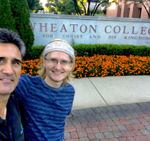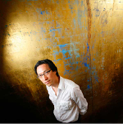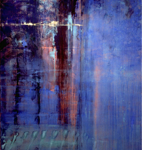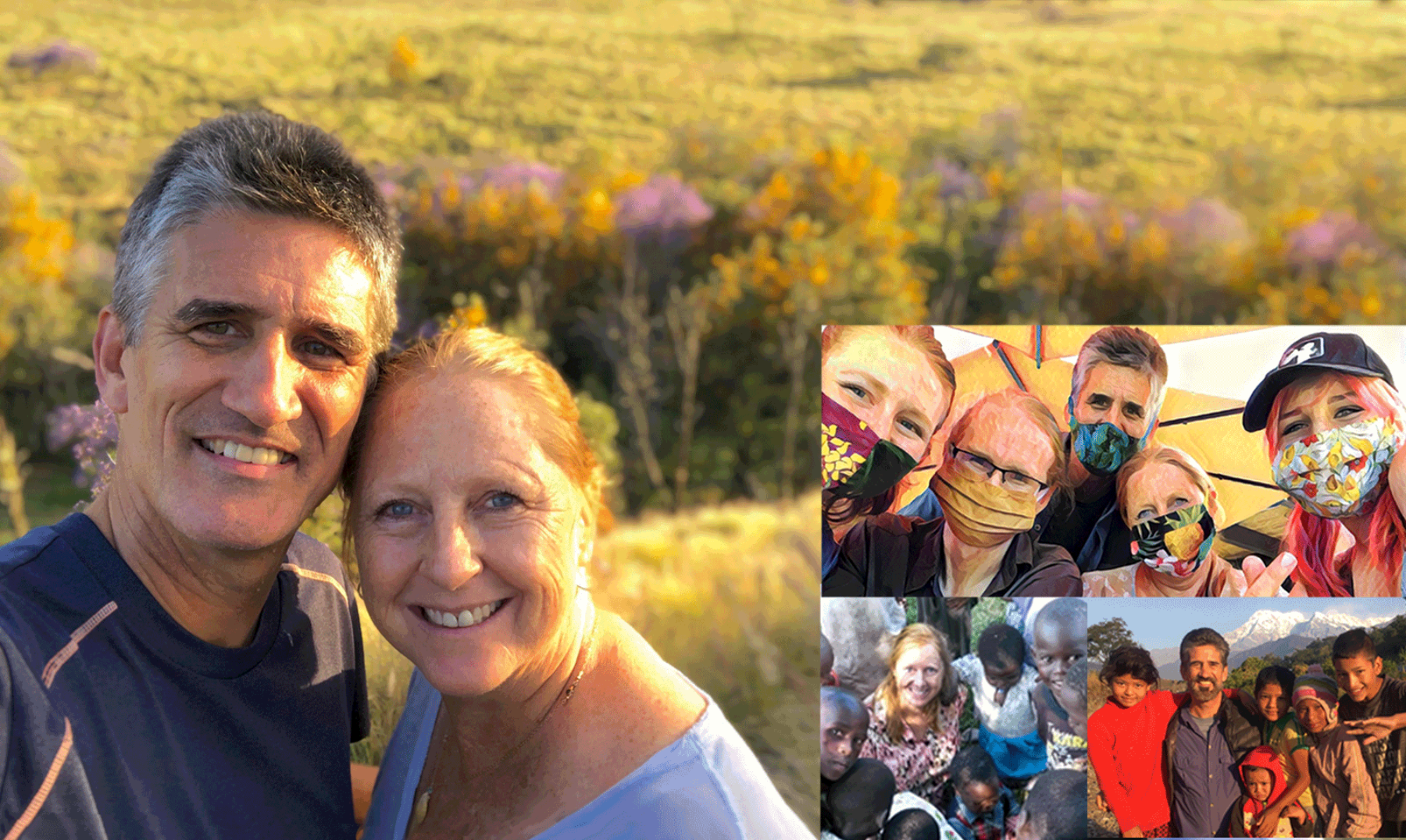
 Our family has had a Japanese emphasis this year. We are welcoming two Japanese exchange students to our home last week of October. Both Benjamin and Lydia took 3 years of
Our family has had a Japanese emphasis this year. We are welcoming two Japanese exchange students to our home last week of October. Both Benjamin and Lydia took 3 years of  Japanese in High School. Lydia spent 3 weeks in June as a Pacific & Asian Affairs Council exchange student
Japanese in High School. Lydia spent 3 weeks in June as a Pacific & Asian Affairs Council exchange student  “ambassador” in Japan this past summer. Lastly, we’ve been reading a profound historical novel from Japan: Silence, by Shūsaku Endō, a required reading at Wheaton College.
“ambassador” in Japan this past summer. Lastly, we’ve been reading a profound historical novel from Japan: Silence, by Shūsaku Endō, a required reading at Wheaton College.
At the Wheaton College parent orientation Benjamin and I attended this August as he began his engineering studies there, the entire freshman class was reading Silence as a core text for Wheaton’s new Christ at the Core curriculum and they encouraged parents to read it as well. He and I were also able to attend the “Stepping into Silence” exhibit at their Billy Graham Center.
Shūsaku Endō‘s novel Silence centers on a young 17th century Jesuit who’s sent to Japan to investigate whether or not his mentor has committed apostasy. What Rodrigues, the young Jesuit, learns is the truth of the Kakure Kirishitan (Hidden Christians) who are undergoing 40 years of intense persecution. To root them out officials take anyone suspected of being a believer out in front of their village where they are forced to trample on a fumi-e (a bronze image of Christ) as a way of not only renouncing their faith but shaming them so that others will not believe. Those who refuse are imprisoned or killed by anazuri (hanging upside down in a toilet pit and being slowly bled to death).
These are real 400 year old fumi-e
from the Wheaton Silence exhibit,
worn smooth by the many
forced to trample on them.
The illusion of the glory of martyrdom is stripped from Rodrigues as he witnesses this and learns that Ferreira, his mentor, and other priests were told to either renounce their faith or watch as believers in their congregations are tortured and killed before them. The novel wrestles with doubt, shame, betrayal, and traumas’ effects on faith.
This was one of those great books that makes one ask, “Would I do that? Would I renounce my faith in Christ to end the torture and suffering of others?” …questions that stay with you long after reading the book. The more I’ve ruminated on the painful, difficult questions the more I’ve had to look at my own heart…to face the darkness of my own doubts. So often still, we hear that to doubt is to sin.

 The Stepping into Silence exhibit included a number of wonderful paintings inspired by Endo’s book by the renowned artist Makoto Fujimura (Silence & Beauty), who had written that for him the book highlighted that our faith was , the artist had written that In Fujimura’s meditation on Endo’s
The Stepping into Silence exhibit included a number of wonderful paintings inspired by Endo’s book by the renowned artist Makoto Fujimura (Silence & Beauty), who had written that for him the book highlighted that our faith was , the artist had written that In Fujimura’s meditation on Endo’s  masterpiece, he writes how Endo exposes the flaw in this line of thinking. “It does not express faith in God but instead faith in clarity and our lust for certainty.” “Faith can be rational, but only after a deeper journey toward mystery and transcendence.” Most of us do not like to sit with our doubts. When faced with multiple horrible choices, we want clarity.
masterpiece, he writes how Endo exposes the flaw in this line of thinking. “It does not express faith in God but instead faith in clarity and our lust for certainty.” “Faith can be rational, but only after a deeper journey toward mystery and transcendence.” Most of us do not like to sit with our doubts. When faced with multiple horrible choices, we want clarity.
While Christianity had grown to over 100,000 believers in the Urakami District of Nagasaki Japan in the 16th century when it was banned, the few survivors of the persecution secretly maintained their beliefs for 250 years before the ban was lifted in the 19th century. The church then had grown to over 15,000, when on Sunday August 9, 1945 the second atomic bomb detonated 550 yards above their church killing 10,000 of the parishioners. Some things are hard to understand.
Last week 11 Syrian missionaries who work in conjunction with Christian Aid Mission, were killed by crucifixion or beheading, in front of their team leader near Alepo. Well over 300,000 Iraqi and Syrian Christians have been killed in the past three years. Andrew White, the last Anglican vicar in Iraq, told the BBC recently that Christianity is about to disappear in Iraq and Syria. But as the Kakure Kirishitan, the hidden Christians, of Nagasaki have shown, though God may at times seem silent, he is present with us.
Our nation faces choices this fall I fear we will be held accountable for, both individually and as a nation. Are we afraid of wandering in the wilderness? God promises to be with us even there.
So what are we working on this Fall?
First and foremost, knowing God more and more and walking with Him day by day. We have a big fall quarter with over 500 students. Allan works with Discipleship Training School students each day and will teach in the Introduction to Primary Heatlh Care class which is running next door at YWAM-Ships. He’s also helping with the renovations of the campus Children’s Ark Park. In June, he traveled to Nepal for two weeks with a campus staff team, helping three YWAM bases with assessment and site planning for their ministries. He then joined another Kona staff to lead a week-long Water For Life workshop in Myanmar which was a great success. Based on many of the things identified in their last trip, he will return to Nepal with the Kona team in November to run a series of workshops in Kathmandu, Pokera and Dehran Nepal for longterm YWAM staff there.
Dee has been working with the Waia’ha Int’l. Christian School for staff kids on the UofN campus and serves on their leadership team. She enjoys teaching a math class for 1st and 2nd graders as well as a high school math class. She especially enjoys helping them connect their mathematics with God’s nature & character.
 Tabitha worked with her youth group this summer on their Mission On The Move, serving five churches around the island for a week and a half, landscaping, painting and running VBCs. She hatched five chickens over the summer which we hope will soon be laying eggs.
Tabitha worked with her youth group this summer on their Mission On The Move, serving five churches around the island for a week and a half, landscaping, painting and running VBCs. She hatched five chickens over the summer which we hope will soon be laying eggs.
 Dee and I usually volunteer each Tuesday morning with the campus farm to harvest 500 heads of lettuce for the campus kitchen. The campus Life Enabling Science & Technology (LETS) team, which we’re part of, is growing half hydroponically-fertilized by fish, and half using Korean natural farming methods and are studying how they compare. But we’ve already been sharing both technologies with YWAM staff in Nepal, where they just endured a several month food and fuel embargo from their main trading partner India, after their nation passed a constitution that says they are no longer exclusively a Buddhist nation. Everyone there understands the need for food security.
Dee and I usually volunteer each Tuesday morning with the campus farm to harvest 500 heads of lettuce for the campus kitchen. The campus Life Enabling Science & Technology (LETS) team, which we’re part of, is growing half hydroponically-fertilized by fish, and half using Korean natural farming methods and are studying how they compare. But we’ve already been sharing both technologies with YWAM staff in Nepal, where they just endured a several month food and fuel embargo from their main trading partner India, after their nation passed a constitution that says they are no longer exclusively a Buddhist nation. Everyone there understands the need for food security.
Dee still walks with me most days on my 1000 mile challenge. I just passed 750 miles and have 2 1/2 months to go; and at 25 cents per mile, have raised $200 towards eradicating malaria.
Allan’s Nepal and Myanmar Trip
21 days
23,000 miles
80 hours of travel time
50 hours on 15 flights plus
30 hours of airport layovers plus
29 hours on 7 busses plus
75 miles walking
10 site visits in 4 states in 2 countries: Nepal & Myanmar
12 workshops in 3 locations
2 site plans initiated
36 students / participants
Topics:
Participative planning for growth, Preliminary site planning, raising chickens, Sustainable agriculture & aquaponics, Natural farming methods & food security, Water filtration & storage-building: Slow Sand Filters, Rain catchment tanks, Water-sealed latrines, Hydraulic Ram Pumps, Clay Stoves & Interlocking Compressed Earth Bricks,
Sawyer water filter use, and Biblical Worldview
